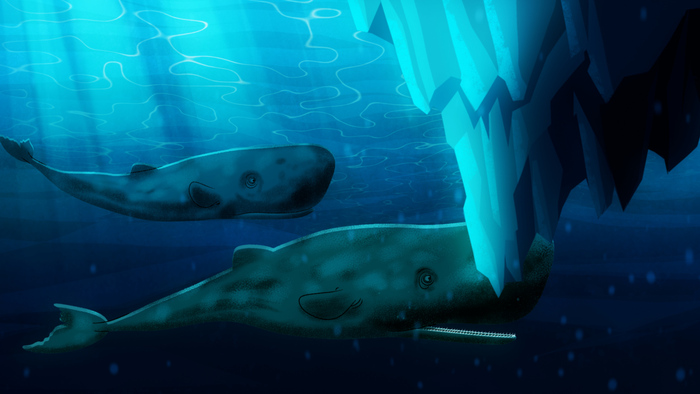John Maynard Keynes was almost always right.
He had it, of course, when he said that capitalism is based on "the appalling conviction that the wickedest men commit the wickedest deeds for the good of all the world."
It happens with capitalism, however, the same as with liberal and representative democracy: it is a bad system without, to date, fully convincing alternatives.
Thanks to the greed and pettiness of each one of us, capitalism moves history.
More information
Melilla demands the reinforcement of the border with Morocco
We tend to believe that slavery was abolished for ethical reasons.
It is comforting to think about it, to reread the anti-slavery speeches, to honor the memory of those who fought against it.
In reality, slavery ended when it was no longer economically necessary for capitalism.
The United Kingdom banned it in 1833, just when the first industrial revolution, based on the steam engine, was already consolidated.
In the United States, abolition came in 1865, with the victory of the industrial North over the agricultural South in the Civil War.
Let's go forward in time.
Some four decades ago, the major capitalist powers were exhausted after 10 long years of high inflation and low growth.
The formula to revitalize them was the
big bang
, the liberalization of financial markets promoted by Ronald Reagan and Margaret Thatcher.
The
big bang
, accompanied by massive tax cuts for the wealthy and a tremendous technological leap (Apple's first computer hit the market in 1976), created mountains of money.
That money had to be invested.
Thanks to computers, it was possible to move it around the entire planet.
Thus was born the present era of globalization.
The thing was quite celebrated.
At the time, clichés such as “the global village” were drooled over.
It occurred to some that the phenomenon would have debatable consequences, such as Western deindustrialization.
But, as far as I can remember, few predicted then that the biggest problem of globalization would consist of coming face to face with “the other”.
with the migrant.
The only available precedent for mass emigration, the transfer of more than 50 million Europeans to the United States during the 19th century, was something very different: there were no "others", because the "others", the natives, had practically been exterminated.
Here and now, immigration shows that the supposed moral foundations of the European Union (respect for human dignity, freedom, equality, etc.) are bullshit, things that are said just because they sound good, pure verbal onanism.
What happened on June 24 at the Melilla border (the "violent attack", according to Pedro Sánchez) is nothing more than another horrific event in today's bloodiest war: the one that sows corpses, no one knows how many , the path of despair towards Europe.
We can say that it is not our fault.
And we do it.
It's the market, man.
Remember Keynes's phrase (“the most wicked men…”) a few paragraphs above.
Do not trust that politics put a stop to the pain of "the others" and our moral degradation.
This will last as long as the current phase of capitalism lasts: free movement of money and goods, fences and weapons (increasingly subcontracted to third countries, in that we Europeans are clean) against people.
Sign up for the weekly Ideas newsletter
here .
50% off
Exclusive content for subscribers
read without limits
subscribe
I'm already a subscriber





/cloudfront-eu-central-1.images.arcpublishing.com/prisa/XXPHBQUBZBAVVG5ZTXF7AEBTPU.jpg)
/cloudfront-eu-central-1.images.arcpublishing.com/prisa/MDIOKAISMOMPFW6N7JYHFUNE4M.jpg)


